By: Ke Xu, LLM 2020
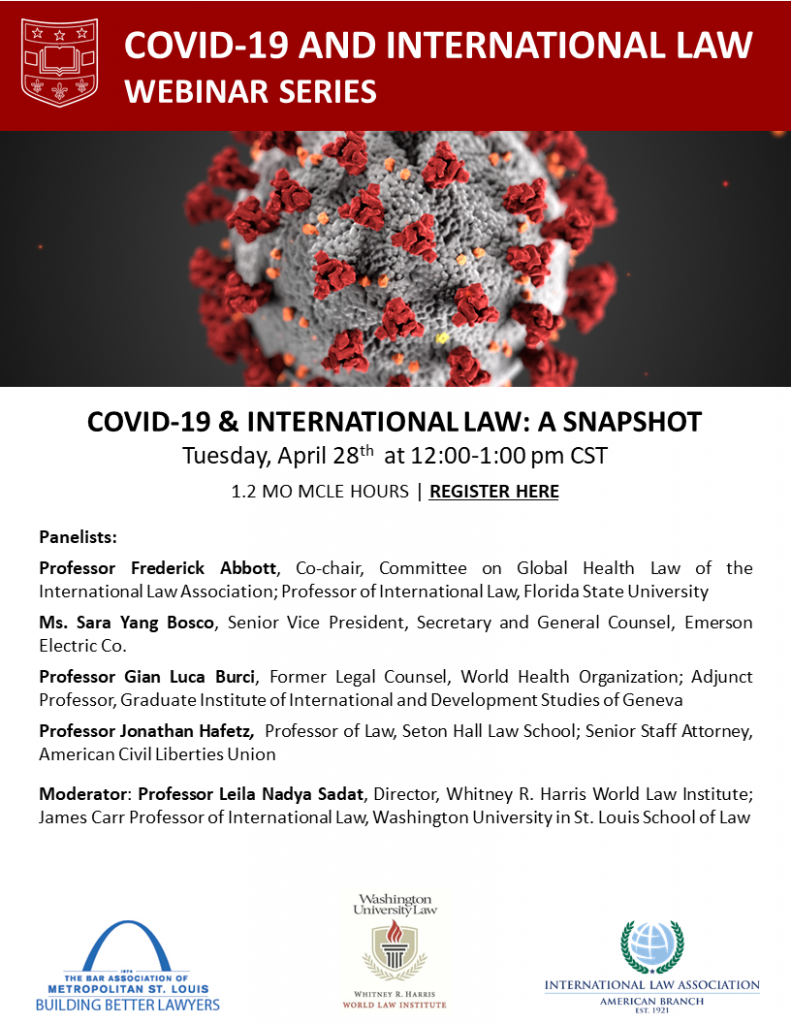
The Whitney R. Harris World Law Institute recently launched a new webinar series on COVID19 and International law in response to a call from students and the broader community for reliable and informative programming on an evolving global issue. The first webinar of the series, COVID-19 and International Law: A Snapshot, was held via Zoom on April 28, 2020. The webinar was co-sponsored by the Bar Association of Metropolitan St. Louis and the International Law Association (American Branch).
The webinar, moderated by Professor Leila Nadya Sadat, featured four experts in global health law, international business law and practice, and international humanitarian and human rights law. Panelists discussed the international framework for pandemics and explored the legal and practical global implications of COVID-19, including the role of the World Health Organization (WHO), how the global pandemic has impacted international business, whether the responses of States comply with human rights law, and State Responsibility for preventing the spread of infectious diseases.
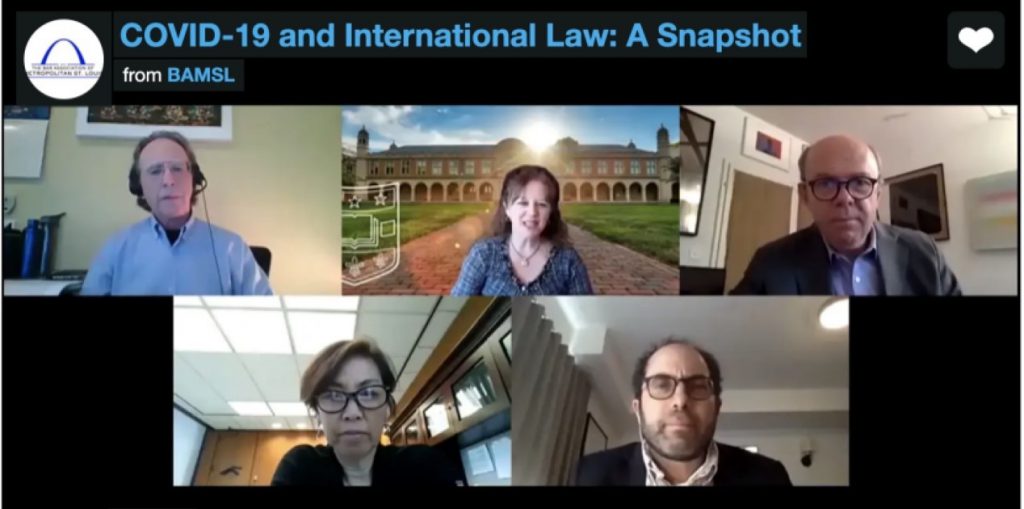
Professor Sadat introduced the panelists for an online audience of more than 200 and took stock of the current situation. “It is astonishing how quickly all this has happened,” she stated, noting that as of the webinar’s broadcast, there were more than 3 million confirmed cases and 212,000 deaths worldwide from COVID-19. Professor Sadat then set the tone for the discussion: “One would hope that such a scourge could unite the world to combat and contain it. Although some global cooperation has been evident, the overall response has been inconsistent.” She continued: “What seems readily apparent …is that international legal cooperation is needed in the face of a common disaster more than ever.”
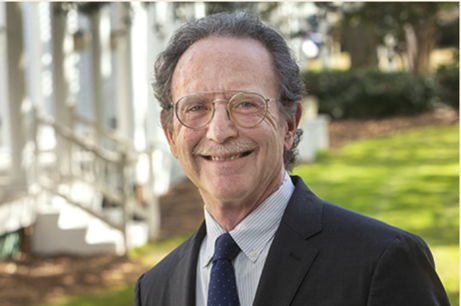
Professor Frederick Abbott, Co-chair, Committee on Global Health Law of the International Law Association (ILA), provided a comprehensive overview of the international health law system and the set of regulations surrounding global diseases, in particular, the 2005 International Health Regulations (IHR), which were designed “to prevent, protect against, control and provide a public health response to the international spread of disease in ways that are commensurate with and restricted to public health risks, and which avoid unnecessary interference with international traffic and trade.” He shared the recent Statement of the ILA’s Global Health Law Committee, which stresses the importance of cooperation among States and international institutions in addressing pandemic outbreaks:
“A pandemic outbreak is not an occasion for seeking political or economic advantage. Uncoordinated travel and trade restrictions and, more generally, the perception that states can effectively protect themselves from a pandemic in isolation or competing with other states for limited resources, are counterproductive.”
Professor Frederick Abbott stressed that it is a poor decision if countries refuse cooperation with the WHO and stressed that the WHO would play a key role going forward as the world continues to deal with COVID-19.
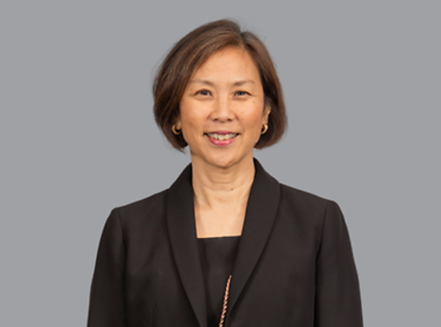
Ms. Sara Yang Bosco, Senior Vice President, Secretary and General Counsel of Emerson Electric Company, helps develop and guide the company’s global business strategies. She discussed how Emerson covered this global pandemic from mid-January to today, including challenges, lessons learned, and long-term considerations that must be taken into account. Emerson started to track the virus early, when it broke out in China in January. Although the company is experienced in facing crises, this time, the crisis is much longer than they ever expected. But, as Ms. Bosco noted, Emerson was able to put countermeasures in place relatively quickly, because in China, where the outbreak began and where Emerson conducts some of its work, the Chinese government was relatively clear about domestic restrictions. As the employer, Emerson was very clear about what they need to do – protect their employees and shut down the factories as necessary.
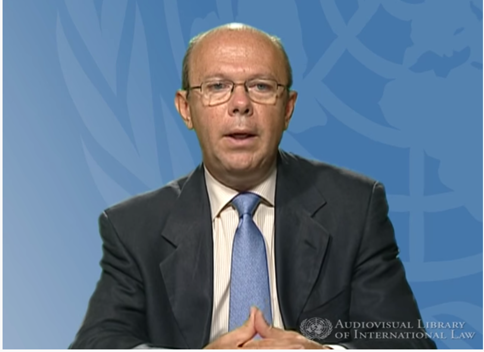
Professor Gian Luca Burci, former Legal Counsel of the World Health Organization and an Adjunct Professor of international law at the Graduate Institute of International and Development Studies of Geneva, discussed the structure and role of the WHO and sought to dispel some common misinformation about the organization. He opened by explaining that the WHO is a United Nations body tasked with setting health policy and coordinating global cooperation for public health. It is a source of reliable information and technical guidance, not only for States but also for companies and individuals. For instance, the WHO’s R&D Blueprint is a “global strategy and preparedness plan that allows the rapid activation of research and development activities during epidemics.” It was developed in response to lessons learned from the West African Ebola epidemic, to improve global preparedness for future outbreaks. Yet the WHO has been criticized during the current pandemic for, among other things, being slow to act. While Professor Burci acknowledged that some criticism may be deserved – more will be known in the months and years to come – he also explained that at least some of this criticism is due to a misunderstanding of what the WHO is. While it has a broad mandate, it is not a huge organization, and has a relatively small budget given what it is tasked to do. And while it provides guidance, it relies on States themselves to carry out its recommendations. The WHO is also dependent on member States for access to information or its territory. Taking into account its limited human and economic resources, Professor Burci thought that the WHO has done a good job, overall, in guidance, alert, and coordination of COVID-19 thus far.
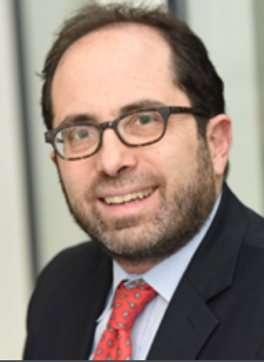
Finally, Professor Jonathan Hafetz, Professor of Law at Seton Hall Law School and a senior staff attorney with the ACLU Center for Democracy, spoke to the human rights challenges brought on by this pandemic and the responses of States to contain it. He focused specifically on how the nature of this novel coronavirus – highly contagious and particularly dangerous for already vulnerable populations – means that prisons and jails are especially risky places, for both prisoners and staff. As Professor Hafetz pointed out, it is essential for prisons to track the virus and increase testing, as well as to pay close attention to those susceptible prisoner populations who have a higher risk to be infected. He noted that certain places, such as California, Ohio, and Maryland, have taken efforts to decrease their prison populations by making policies and agreements between the courts and public defenders, or as a result of litigation, including by the ACLU National Prison Project. Similar actions also are seen abroad, such as in Iran and Turkey As Professor Hafetz concluded, this may be a chance for us to reevaluate the prisons, not as isolated structures away from society, but part of a shared society that are not isolated from the rest of the community as much as many may think.
This webinar was the first in a series. It can be watched online. The second webinar, Immigrants & Refugees during COVID-19: State Responses and Responsibilities, was held on May 14. The third webinar will be held on June 11 on National Security Concerns and Balancing Liberty with Protection during COVID-19.
